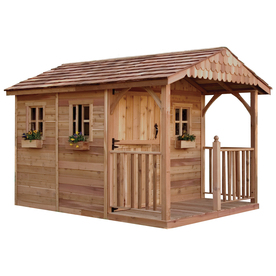W2R
Moderator Emeritus
I found an easy way to deal with this problem when in the accumulation phase, before retiring. I cut back on my spending until I was spending less than I planned to have available in retirement.
This had two good results: First, I never got used to spending much, so I am not having to cut back; and second, that gave me more to put into my retirement nestegg.
Use your math skills in preparing for retirement: Cut back until what you are spending is consistent with what you will have to spend in retirement. You are not going to magically become frugal just because you retire. Now is the time to do that (in my opinion! )
)
Good luck and I hope this helps.
This had two good results: First, I never got used to spending much, so I am not having to cut back; and second, that gave me more to put into my retirement nestegg.
Use your math skills in preparing for retirement: Cut back until what you are spending is consistent with what you will have to spend in retirement. You are not going to magically become frugal just because you retire. Now is the time to do that (in my opinion!
Good luck and I hope this helps.


